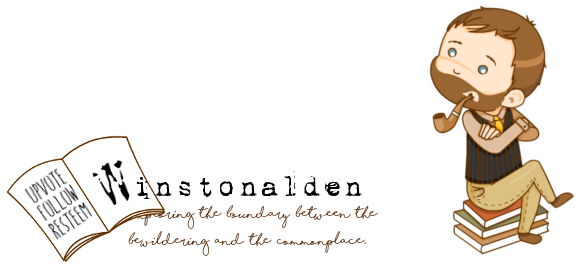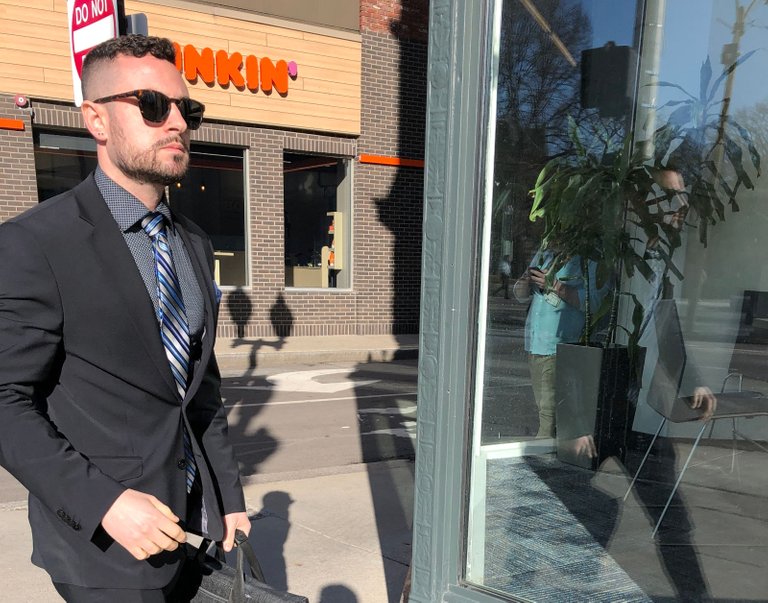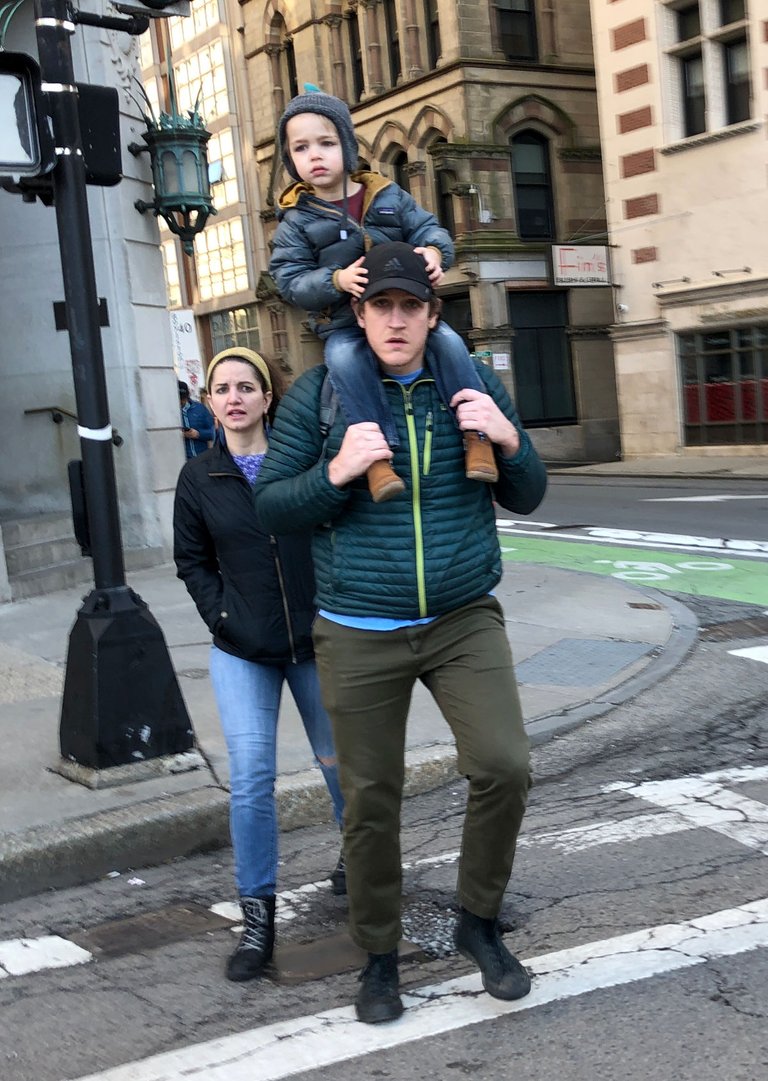Today, a bit of a character sketch, a bit of a free-write. Maybe it'll develop into something bigger. Energy is fleeting and we share what we have when we have it.
Frank took an art class in high school. His teacher remarked on the report card: “Technically proficient but not particularly creative.”
It's so easy to fall into sin, even after a lifetime of chastity and clean living.
That lonely stop on the highway where you catch sight of a prostitute and realize for the first time they’re not all hideous and worn out--some of them look good. The offer of a joint when you’re trying to be sociable with new friends. A thoughtless prescription of pain medication after some routine procedure.
These deflection points come along and change things forever. Perhaps what’s really shocking about them is how little they seem to matter at the time. You do the thing you’d never contemplated until a moment before, or which you had always regarded with horror.
And then... nothing happens. There is no lightning strike. The Earth does not shake. Maybe you don’t catch an STD.
And that’s when you consider for the first time, maybe this isn’t so bad after all.
Have you been avoiding sin, or have you been missing out?
Frank never had any religion, but he always considered himself a humanist. You know, a “nice guy” who mostly just wanted the best for everybody. A “Jesus loving atheist” (like Vonnegut) who liked all the stuff in the second half of the Bible about kindness and charity, even if he didn’t believe this guy who said them was the literal son of God.
He was also pretty sensitive to the moods of the people around him, to the point that he found it hard to concentrate if there was a chance someone was angry or upset. So he was always drawn towards working alone. Doing what he could for old repositories of human knowledge, it always seemed like the best fit for him.
It was somewhere around the second third of his life that he started to question his basic assumptions and think a little more closely about his preferences. Maybe it was because that was when the Internet started rolling in a real way, evolving from a set of technical tools that required specialized knowledge and attention into something ubiquitous and commonplace--when you became the odd one out if you didn’t have a portable computer in your hand. (For some reason, the same thing happened with tattoos at that time.) And despite his suspicions and reservations, he started to use this technology and to really love it, while simultaneously being convinced it was bringing about the collapse of civilization as we knew it.
What need is there for kindness and a mutually respectful relationship when you’ve got sexting and Tinder?
He found himself objectifying the world around him in a way he hadn’t before. Embracing the level of data that settled over the city like a spiderweb. He knew that he’d never be the master of it—it certainly wasn’t there to serve him. But. When you could think of everything around you as just another data point, it enabled you to act on the world with a little less regard for it, and therefore, a little less guilt. The more data that got collected, the more obvious it was that no one was paying attention.
Meanwhile all that really mattered was to build up libraries of the things we noticed and cherished in our own minds.
This is how he noticed that Rebecca often stopped to pick things up from the sidewalk. Bending at the knees (necessary decorum, considering the dresses she favored) and reaching with decision and satisfaction for some fleck. Usually just once or twice a morning, never at the same place. What was she picking up? A coin? A pebble? A cigarette butt or bit of debris to recycle? The last seemed unlikely, as she always deposited her find in her small purse. Not that she could be afraid of germs, walking as she did most days in open-toed sandals or thin flip-flops.
She barely slowed to complete the operation. In fact her pace was so brisk that Frank had to concentrate on keeping up.
We notice these things, and then curate and tag them.
Our brains do it automatically but the digital layer gives us a bit more control (if we think about it with some intention) or takes some away (if we do not). Sleep will prune a lot of useless memories and reinforce the ones that matter, but who is the unconscious brain to decide for us?
That’s why, Frank decided, you need to dwell on the memories you want to maintain before you fall asleep.
Frank thought a lot about this. Also: the narrowness of the present moment. How we fit our universe into the split second of “now.” The fact is, the thought you hold in your brain at any given moment is so limited, so finite, and yet we build up these grand concepts by running cascades of them through the mind in quick succession. (Yes, he understands it’s a parallel process and not a serial one. But time passes, doesn’t it? And that means the thoughts we carry around are constructed through time.)
But which thought is the true thought? Which is the one that matters? Which, in other words, is us?
Debussy wrote “The Girl with the Flaxen Hair,” and that song is someone. Frank can see her now. (Not Rebecca. Someone else. He hadn’t worked out Rebecca’s song yet but it’s got more of a lilt to it, some kind of beat.) It might be the truest way to capture the essence of a life, a song like that.
Imagine being that girl, Debussy’s, able to walk around inside that song and express such pure existence of thought and identity simply by crossing a field!
For most of us, there is no song. Maybe we have an aphorism, something we can put on a tombstone. Maybe it’s the love we bear for our children. Maybe it’s a theorem. Or a warning.
He used to worry over what he’d be thinking at the end of his life. As if he could plan out his conclusive state of mind. Final thoughts would have to be defining thoughts, wouldn’t they? Isn’t that the ultimate juncture, the inflection point where you can make things right for eternity? To say: “This was me,” without worrying about changing your mind after.
You can’t get divorced if you marry on your last day.
But the more he thought about it, the more death, as the authoritative moment in time, felt arbitrary. The mind isn’t at its best in the final moments; for most people, it’s barely clicking along at all.
So, how far back would you have to go to capture that essential thought, that mental state which can determine who you truly were, and preserve it for the cosmic archives? Do you crawl back along your timeline to look for a moment of peak health, peak happiness? Or some moment of stress, where the brain solved a defining challenge?
Sometimes Frank was troubled by the possibility that his defining moment had already come. What if it flashed through his brain while he was asleep? What if he missed it?
Slaughterhouse Five really messed him up: the idea that we could come unstuck in time and spend eternity bouncing around these lives we had no control over—it made him feel, for the first third of his life, that if he had a bad day he was condemning himself to suffer it a million times over. Vonnegut said the trick was to ignore the bad times and focus on the good. But if you couldn’t control how you felt about them the first time through, how was it going to be any different on the re-run?
It was only in the second third of his life, when technology killed boredom, that he stopped worrying so much about it. That’s what Instagram was, wasn’t it: an opportunity to preserve the good moments of your choosing. To externalize them in an archive.
Frank knew a thing or two about archives.
And maybe that's what prayer was, too. If God really compassed all space and time, he was nothing if not an archivist and an archive. A prayer is a thought.
That thought in that moment--that's forever.


Unless otherwise stated, photography is the work of the author. Feel free to copy, remix and share photographs from this post according to the terms of a Creative Commons Attribution Sharealike 4.0 International license.
Camera divider and signature illustration by @atopy.






See, I've never been good at summing up things, I don't think I could ever pick one thought to encapsulate them all.And who's to say one even can?
This is beautiful. Can't decide if Frank things too much, or if the rest of us think too little.
Your content has been voted as a part of Encouragement program. Keep up the good work!
Use Ecency daily to boost your growth on platform!
Support Ecency
Vote for new Proposal
Delegate HP and earn more